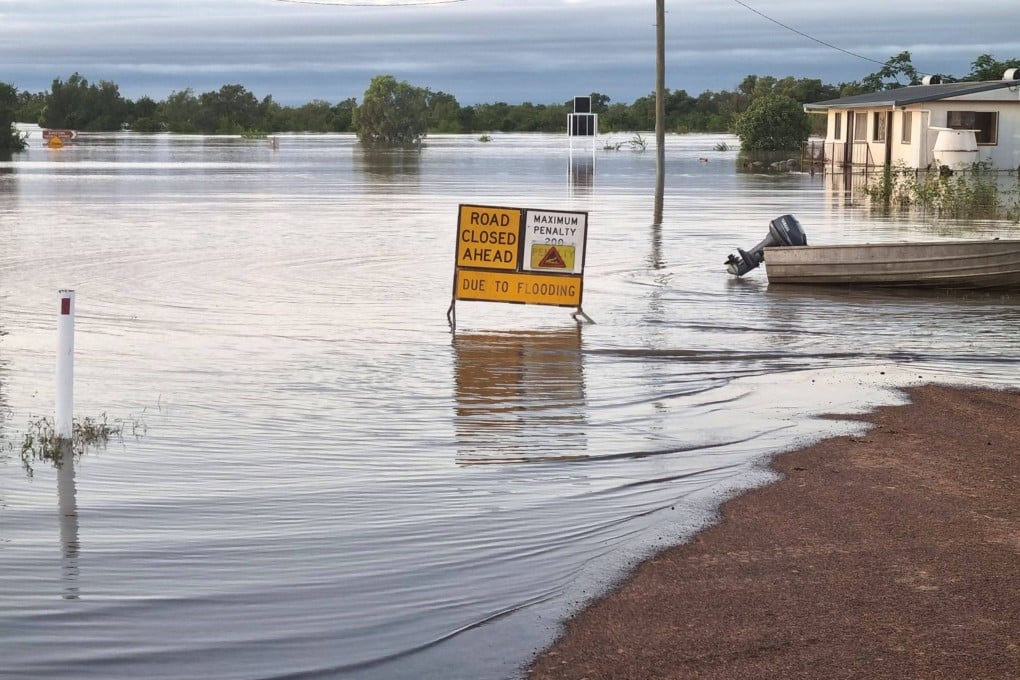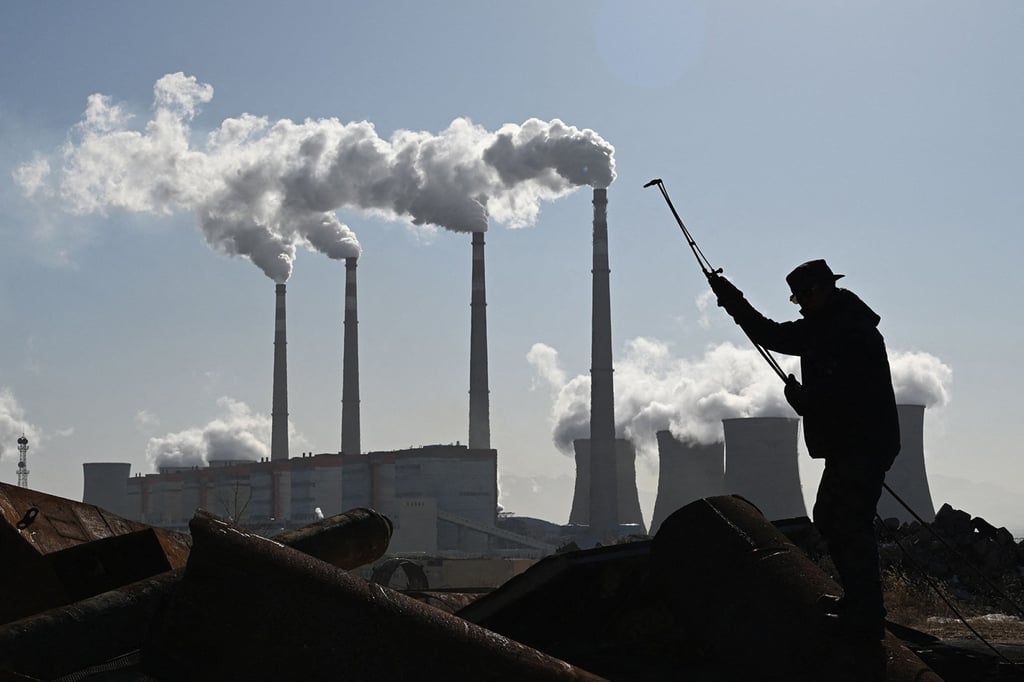Climate change: Asia-Pacific firms waver on net-zero action plans as cost realities set in, EY study finds
- Companies in Asia are twice as likely as their global peers to say the cost of achieving climate commitments is too high, EY report says
- Only 15 per cent of Asia-Pacific respondents said their firms are committed to achieving their climate change ambitions by 2030 or earlier

Businesses in Asia-Pacific are not moving fast enough on climate action – in fact, they are slowing down – and companies globally are not producing accurate enough climate disclosures to attract green investment, according to a study by accounting and consulting firm EY.
Progress is decelerating at a time when acceleration is needed to meet the Paris Agreement’s goal – agreed upon by nearly 200 nations – to contain global warming at 1.5 degrees Celsius, it said.
“The 2023 Sustainable Value Study shows that in Asia-Pacific, progress is slowing at a crucial time, and that gains are becoming harder to make,” EY said in a statement last week, citing its study, which comprised a survey and in-depth executive interviews.
The survey was conducted between August and October with 520 chief sustainability officer-level managers at international firms with at least US$1 billion in annual revenue across 10 industries in 23 nations.

Around a third of the respondents were with companies in Asia-Pacific, from diverse industries. Within that, 28 per cent were in China, followed by 24 per cent in both Japan and Australia.
